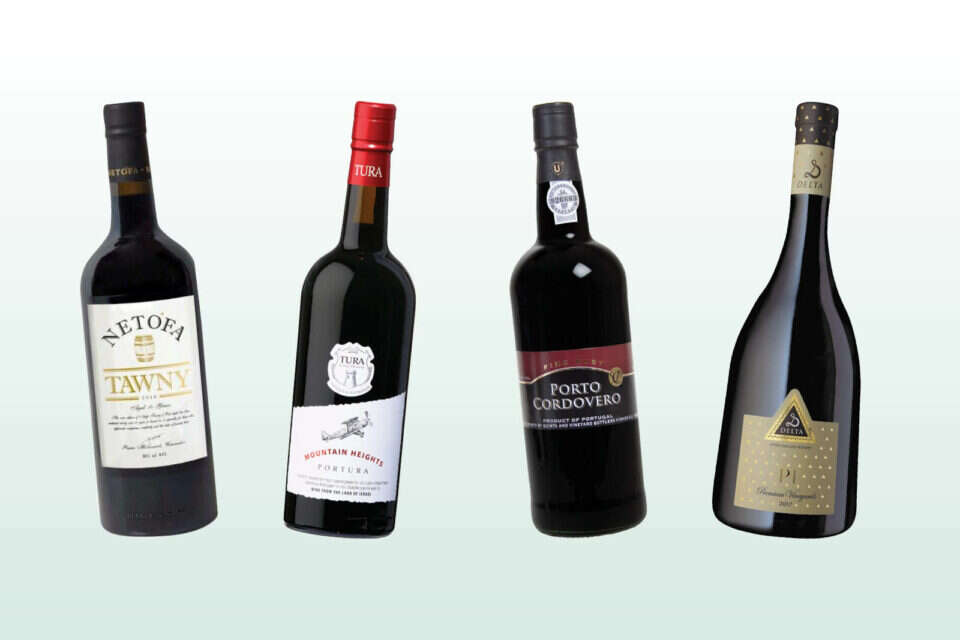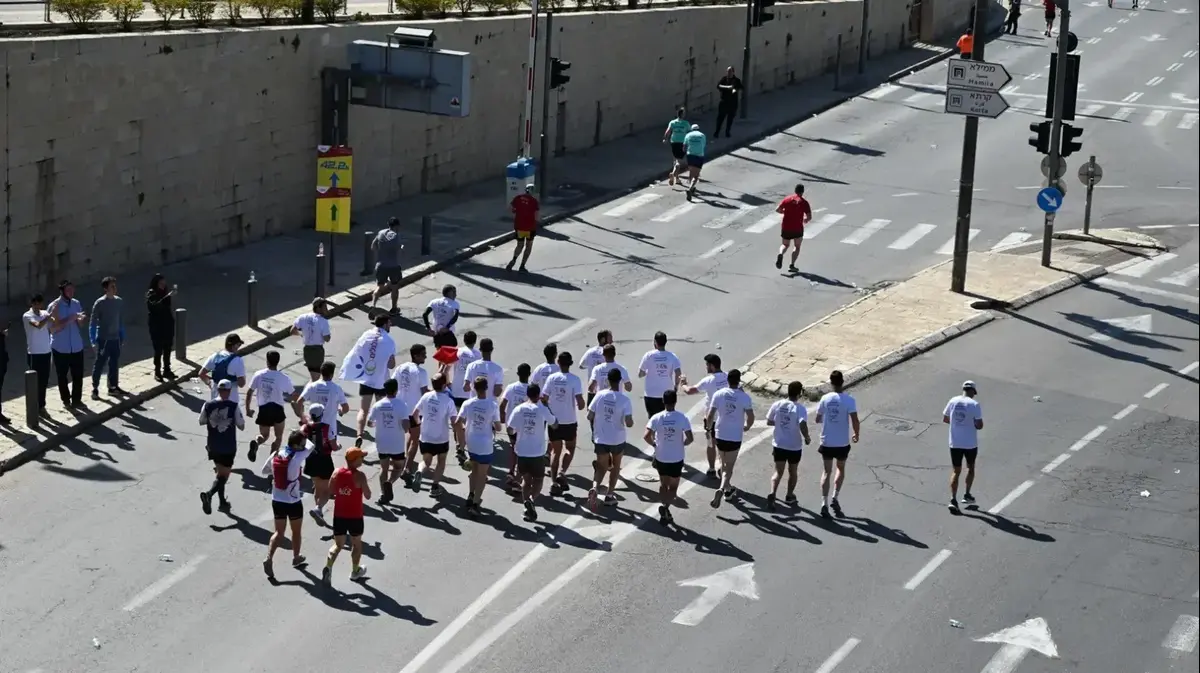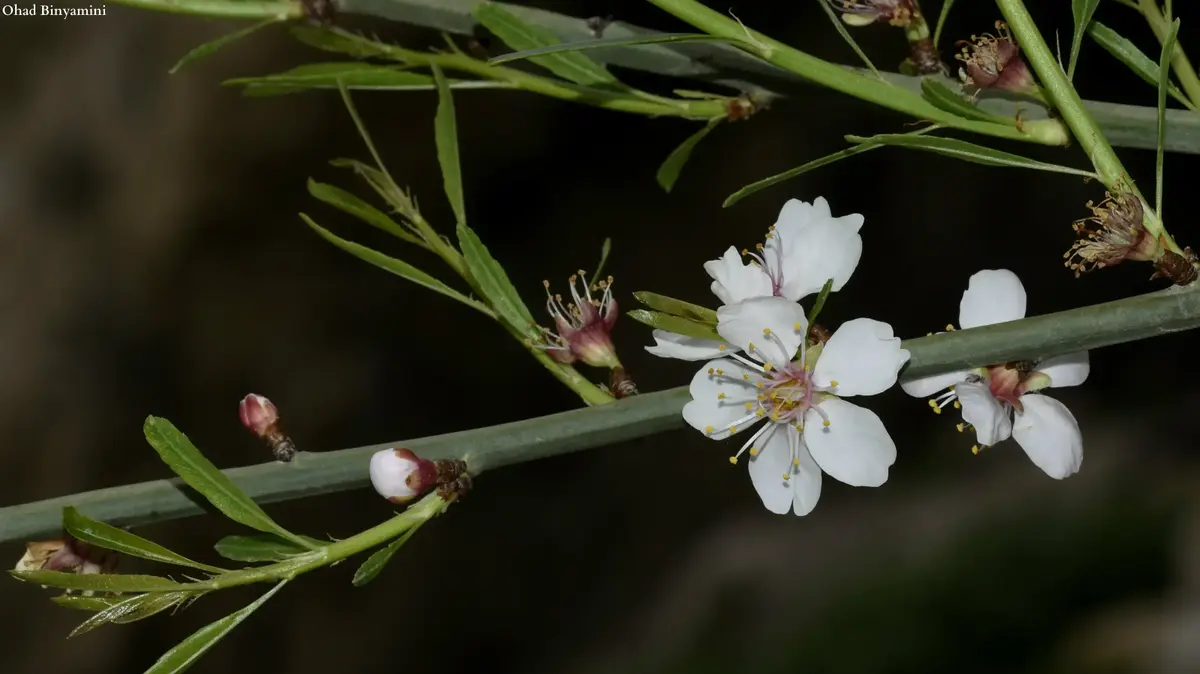Despite the fact that every beginning agronomist knows that Tu B'Shvat is the worst time of year for planting - most of the year's precipitation has already fallen, the cold does not pity the soft seedlings, and the roots can not deepen their grip on the ground - this day is engraved in Israeli consciousness as the planting holiday.
How did it happen?
The one who started the custom was the educator Rabbi Ze'ev Yavetz (named after Kfar Yabetz), who went out with his students in Zichron Yaacov about 130 years ago to plant trees - "for the sake of liking the planters, the planters of the land that the Lord planted for our fathers for a good week and to enjoy their beauty."
A few years later, the "Association of Hebrew Teachers in the Land of Israel" adopted the practice, and today it has been designated as the day of planting in the education system.
And now you will argue with the teachers' union.
Another common custom is to eat dried fruit on Tu B'Shvat. Here too the reason is prosaic; the original custom was to eat fruits that our country praised, but since most of us have not exactly lived in the area for the last 2,000 years, the only fruits available were dried and shipped Roads to the concentrations of the Jewish community in the world Today, the Land of Israel is bearing fruit like it has never given, but we were left with the dried figs that come from Turkey and the plums and nuts that come from California.
On the other hand, a third custom, less well-known but our favorite, is to hold a "Tu B'Shvat night seder" in the style of the Kabbalists of Eretz Israel and combine it with a sip of four glasses of Israeli wine. It is a fort-style dessert wine fortified with alcohol. Like all good things, this wine also came into the world quite by mistake - English wine merchants were looking for a substitute for Bordeaux wines in Portugal. A wine with a natural sweetness on the one hand and a high level of alcohol on the other (up to 20 percent and more) was obtained.
We have chosen for you seven Israeli wines in the style of a port, and one more real port from Portugal that we especially liked, so that the tribe in this tribe will be pampered at home and the planting of the trees will be postponed to a more successful season.
Alcohol for Tu B'Shvat, Photo: Eyal Keren, PR
And we'll move on to confrontation
Reinforced red, Essence 2020, Tepperberg Winery - Made from Merlot grapes grown in the vineyards of Sheila and matured in French and American barrels for about a year and a quarter in the open air.
Thick and rich wine, with a charred meat and caramel nose, and the flavors are complex - bitter Belgian chocolate, coffee and cherry cherries, in a thick body.
Great with blue cheeses or a cube of dark chocolate (100 NIS).
Plot 98, 2016, mighty winery - made of Cabernet Sauvignon and Shiraz vineyard department planted in 1998 (hence its name).
It was aged in the Israeli sun in 300-liter barrels for about three years.
Its nose is slightly oxidized, laden, complex and wonderful - ripe plum jam, dried fruit, carob and dates, alongside delicate cocoa.
Its chewy texture and flavor layers develop in the glass, while it manages to remain elegant with a subtle sweetness.
The outstanding of the tasting (100 NIS).
Euphrates, Psagot Winery - made from Cabernet Sauvignon grapes from the Jerusalem mountains, from various vintages blended into one wine matured in 300-liter French and Hungarian barrels for about a year.
Its color is purple, in the nose and also in the taste of young cherry and cocoa.
The taste includes grape raisins, dried figs and cranberries, and of course vanilla espresso flavors that come from the barrel.
Balanced and accessible (110 NIS).
Above Special Reserve, 2019, Carmel Wineries - a new edition of the great dessert wine of the great winery, whose Aramaic name beckons to the ultra-Orthodox sector that has proven to be a particularly ardent fan of the genre.
Made from pure petit-syra grapes from the Latrun vineyard and matured for about 20 months in 300-liter barrels.
It has a rather young appearance in a beautiful burgundy hue, its nose is very perfumed and it is reminiscent in taste of black plums and rich chocolate.
A favorite of our tasters (120 NIS).
Portura 2017, Tora Winery - Erez Ben Saadoun installed the wine from 100 percent Cabernet Sauvignon grapes harvested in late harvest (November) in the Har Bracha vineyard, and aged for 36 months in a barrel in the winery's cellar.
A line of deep burgundy color and rich aromas of coffee, fresh tobacco and chocolate.
In the mouth you will find a full and thick body, plenty of prunes alongside a juicy carob.
Great wine (139 NIS).
Pie, 2017, Delta Winery - The winery's wines are named after the Latin letters - alpha, sigma, omega, pie.
That they just won't get to the Omicron ... The pie, in any case, is made from Cabernet Sauvignon grapes from a single vineyard in the Upper Galilee and aged for about a year and a half in French barrels, not before being fortified with brandy.
Give it some time to open up, then you will notice nuances of burnt caramel, carobs and cherries, cocoa and cinnamon flavors, alongside raisins and plums in a fairly light body and with a moderate level of alcohol (160 s).
Porto Cordovero - the real and only non-Israeli port on the list. This is a ruby fort, whose grapes grew on the steep and rocky slopes of the Upper Douro, and was aged in formidable 20,000-liter wooden tanks. With a dark and rich color, aromas of raspberries, strawberries, anise and raisins, and in the mouth a dried plum and black cherry, with a thick and full texture, almost syrupy. Looks and tastes much younger than his 16 years (170 shekels).
Netofa Towni, 2010, Domain Netofa - a rare wine in quality and quantity (only 445 bottles) produced by Pierre Miodobnik, the winery's international winemaker.
Its vintage year is the year the winery is established, but only recently, after a decade, has the wine been taken out of the barrel and bottled.
Courage!
It is made from Toriga Nacional and Tempranillo grapes from the vineyards of the Lower Galilee, it has a mature look (not to be afraid of the slightly murky hue) and oxidized aromas (even a bit stinky, in a good section) of antique cherry liqueur (who said Peter Herring?), Carob and roasted espresso.
Its proximity is wonderful, and if you sip it comfortably you will slowly feel the complexities that lie within it.
For those who understand (320 NIS).
Were we wrong?
Fixed!
If you found an error in the article, we'll be happy for you to share it with us









/cloudfront-eu-central-1.images.arcpublishing.com/prisa/S5LLCLJ6LJB53J6JRHN5FTWCSM.jpg)